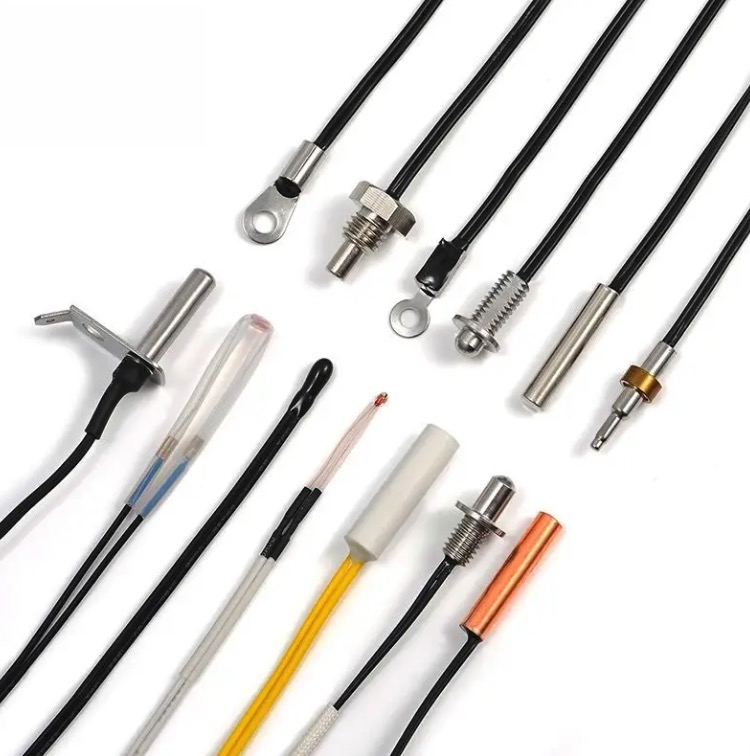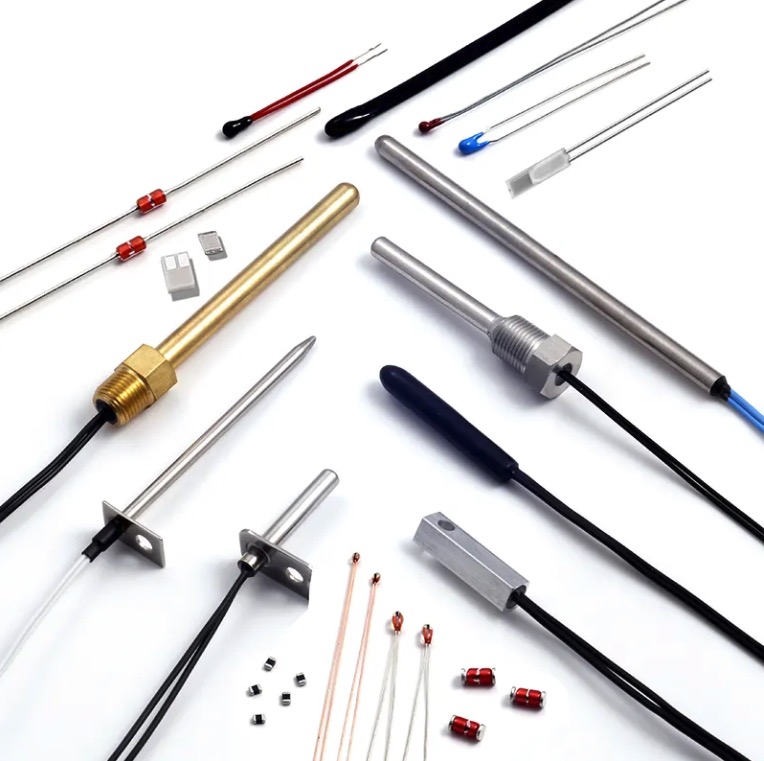NTC Thermistor 50k – The Ultimate Guide
Welcome to the ultimate guide on NTC thermistor 50k. In this comprehensive article, we will dive deep into the world of NTC thermistors, specifically focusing on the 50k variant. Whether you are an electronics enthusiast, a student, or a professional, this guide will equip you with all the knowledge you need about NTC thermistor 50k.
Table of Contents
- Introduction
- Thermistor Overview
- Working Principle
- Applications
- Advantages and Disadvantages
- How to Choose an NTC Thermistor 50k
- Installation and Care
- Troubleshooting
Introduction
The NTC thermistor 50k is a type of temperature sensor widely used in various industries. It offers accurate temperature measurements, making it an essential component in many electronic devices and systems.
Thermistor Overview
A thermistor is a type of resistor whose resistance changes with temperature. The NTC (Negative Temperature Coefficient) thermistor, as the name suggests, exhibits a decrease in resistance as the temperature rises. This characteristic makes it ideal for temperature sensing applications.
Working Principle
The working principle of an NTC thermistor 50k is based on the change in resistance with temperature. As the temperature increases, the resistance decreases. This property allows precise temperature measurements by monitoring the resistance value of the thermistor.
Applications
The NTC thermistor 50k finds applications in various fields, including:
- Temperature monitoring in HVAC systems
- Overheating protection in power supplies
- Thermal compensation in precision circuitry
- Process control in industrial environments
Advantages and Disadvantages
Like any electronic component, the NTC thermistor 50k has its pros and cons:
- Advantages:
- High accuracy in temperature measurements
- Compact size and easy integration
- Cost-effective compared to other temperature sensors
- Disadvantages:
- Non-linear resistance-temperature relationship
- Limited temperature range
- Requires calibration for precise readings
How to Choose an NTC Thermistor 50k
When selecting an NTC thermistor 50k, consider the following factors:
- Temperature range required for your application
- Tolerance and accuracy specifications
- Package size and mounting options
- Long-term stability and reliability
Installation and Care
Proper installation and care are crucial to ensure optimal performance of your NTC thermistor 50k. Here are some tips:
- Follow manufacturer guidelines for mounting and soldering
- Protect the thermistor from moisture and contaminants
- Avoid excessive mechanical stress on the leads and body
Troubleshooting
If you encounter issues with your NTC thermistor 50k, consider the following troubleshooting steps:
- Check for loose connections and ensure proper wiring
- Verify the temperature range falls within the thermistor’s specifications
- Calibrate or replace the thermistor if readings are consistently incorrect
Congratulations! You have now completed the ultimate guide on NTC thermistor 50k. Armed with this knowledge, you can confidently utilize this temperature sensor in your projects and applications.




